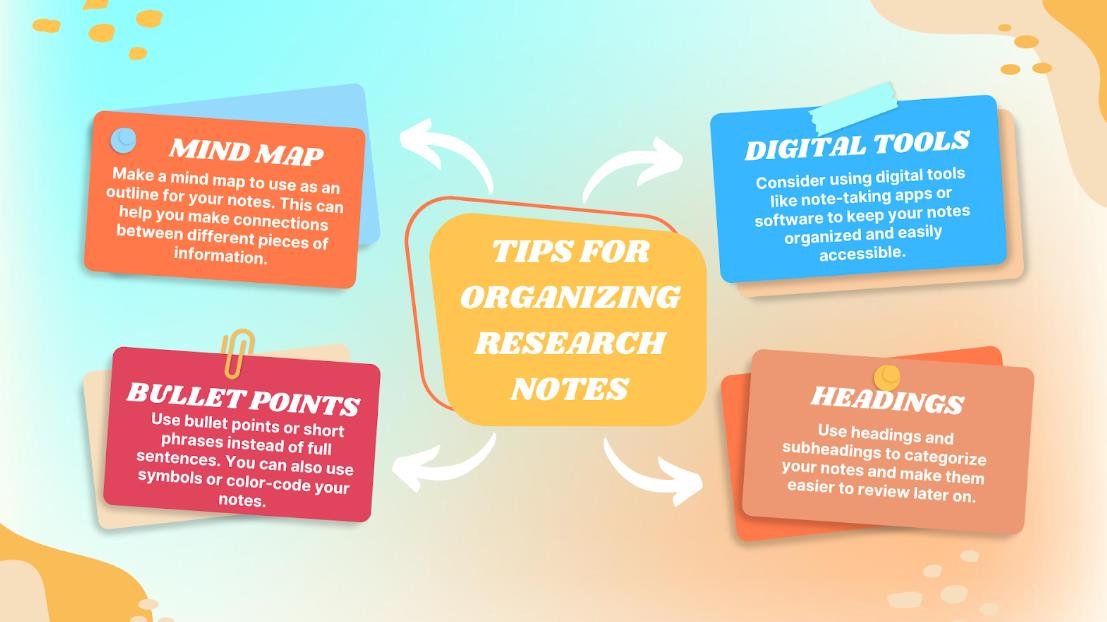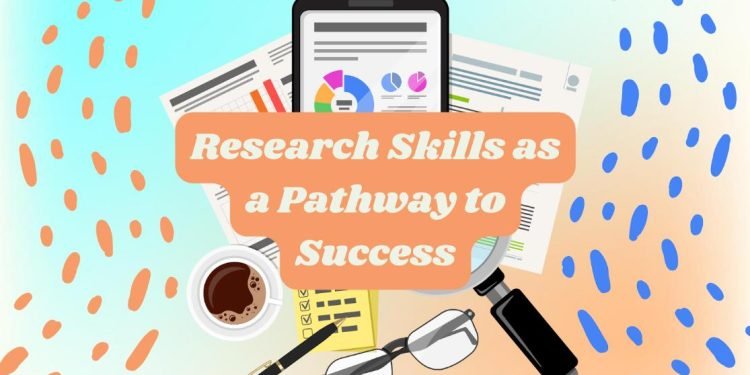Research skills are essential in various fields, including academia, business, and healthcare. Gathering and analyzing information allows individuals to make informed decisions, develop new ideas, and solve complex problems. With these skills, individuals can keep up with the latest trends and developments in their respective fields, hindering their professional growth and success. Therefore, individuals must develop strong research skills to remain competitive and stay ahead of the curve.
However, navigating through a big pile of information can sometimes become a hassle. One variety of research is an essay, which any person developing academically will encounter. A report includes collecting, processing, and connecting essential information about a specific subject. It can sometimes be challenging and stressful, especially if you’re faced with a tight deadline or don’t know where to begin.
Alas, this is where essay writing services come in. Websites like NoCramming offer professional, plagiarism-free, concise written work that can significantly aid your assignments. Many of these services are available online, so asking yourself, “Is essay service reviews legit?” or “Does this site offer plagiarism-free work?” is natural. If you’re considering more information about these services, consider reading about essayservice com for more insight.
Now, without further ado, we will explore the importance of these skills in professional development and provide tips on improving them. We will also discuss the benefits of staying up-to-date with industry trends and how they can lead to career advancement.
Understanding Academic Information
Academic information is the data and knowledge that scholars, researchers, and experts make and share. It is usually found in academic journals, books, and other scholarly sources. To understand educational information well, you need good research skills and the ability to evaluate and analyze sources critically. Professionals can also stay ahead of the curve in their industries by keeping up with the latest research findings.
Explanation of Different Academic Resources
Many academic sources exist, such as peer-reviewed journal articles, books, conference proceedings, and dissertations. Each source type has pros and cons, so choosing the right kind for your question is essential. Before using a source in your work, it is also crucial to consider its credibility and trustworthiness.
Tips for Evaluating the Credibility of Academic Information
Checking the credentials and affiliations of the author is one way to determine how reliable a source is. Also, looking at how the publication or website is edited and how peer review is handled can give you an idea of how trustworthy the information is.
Conducting Effective Research
Strategies for Finding Relevant Sources
When doing research, it’s essential to use various sources, like books, scholarly articles, and websites that are known to be reliable. You can also find the most relevant and up-to-date information on your topic by using search engines and databases.
How to Use Library Databases and Other Research Tools
It is crucial to consider your sources’ reliability and not use biased or untrue information. Taking notes and organizing your findings can also help you stay on track and get the most out of your research.
Organizing and Analyzing Information

Techniques for Taking Effective Notes
Use bullet points or short phrases instead of complete sentences to take good notes. This can make it easier and faster to write down important information. Also, you could color code your messages or use symbols to help you sort and organize what you’ve learned.
Strategies for Analyzing and Synthesizing Information
Finding the main ideas and key points is crucial when gathering information. Making an outline or concept map is an excellent way to organize the data visually and see how the different ideas fit together.
Avoiding Plagiarism
Plagiarism is using someone else’s work or ideas without giving them the credit they deserve. This includes copying and pasting text, paraphrasing without a citation, or using someone else’s data or search results. To avoid plagiarism, you should always cite your sources and give credit where credit is due.
How to Avoid It
Also, knowing the difference between well-known facts and new ideas is essential. Facts about history or theories that most people agree on do not need to be cited. But to avoid plagiarism, you must correctly note any original ideas or results.
How to Properly Cite Sources
Using the same citation style, like APA or MLA, is essential when citing sources. Also, ensure to include all the necessary information, such as the author’s name, the date it was published, and the page numbers.
An Insight
Here’s some interesting advice on academic research from a user on Quora.
“Make a bullet point plan before you start writing. Decide on a journal (even if that is not a final decision) and try to organize your plan into this format. Write a draft and prepare the figures/tables together with it. Only then can you start thinking about language and if it’s not too long etc.”
And here are a few wise words from the genius himself, Alber Einstein:
“If we knew what we were doing, it would not be called research, would it?”
An Afterword
In conclusion, research skills are essential for school and workplace success. People can contribute to the growth of knowledge in their fields by doing thorough research and citing their sources correctly. In a constantly changing world, it is vital to keep working on these skills and getting better at them.
Also, doing good research and correctly citing sources is essential for academic success and professional growth. Improving these skills allows people to become field experts and contribute to their industries. In conclusion, personal and professional development must keep enhancing abilities.
FAQ
Where can I find reliable academic information?
There are many places where you can find reliable academic information. Academic journals, research databases, and university library resources are some of the most common sources.
How do I effectively research it?
To find useful academic information, you should start by thinking of keywords and phrases related to your topic. Use search engines like Google Scholar or databases like JSTOR and PubMed that are made for academic purposes.
What are some tips for critical evaluation?
When you evaluate academic information critically, you look at the source’s credibility, how it was made, and how it fits into your research. Look for peer-reviewed articles because they have been through a strict review process.
Sources
- Quora Forum
- AZ Quotes, Academic Research Quotes
- The University of Reading, Writing in an Academic Style
- CareerAddict, Academic Writing Strategies: Our Top 10 Tips
- YourDictionary, Building Academic Writing Skills: Tips, Rules, and Resources












